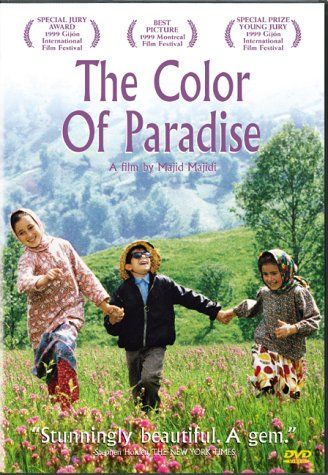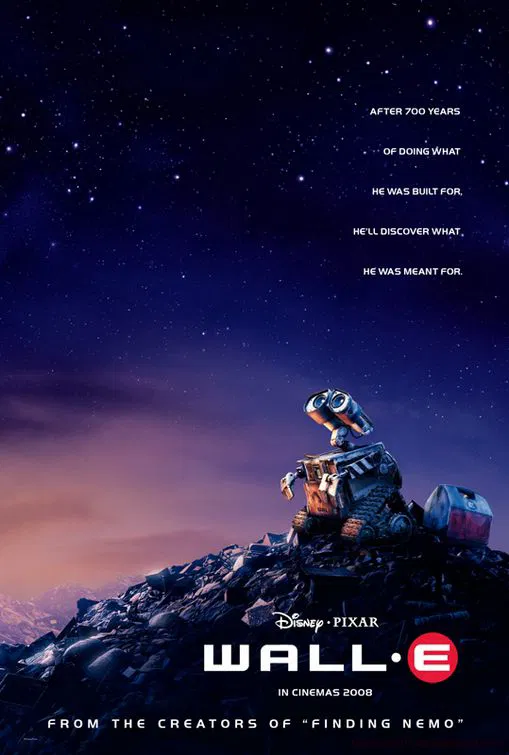"The Light of God"

| None | Light | Moderate | Heavy | |
|---|---|---|---|---|
| Language | ||||
| Violence | ||||
| Sex | ||||
| Nudity |
What You Need To Know:
There are no direct references to the Islam in THE COLOR OF PARADISE. Thus, Christian and Jewish families can comfortably watch this very clean movie without being insulted or disturbed. In fact, the movie includes a reference to God’s omnipresence and a nice visual representation of God’s glory mercifully shining down on people. Ultimately, it is the son and grandmother’s characters which bring this wonderful movie to life. The tragedies in their lives are all the more wrenching because of the joy and compassion which the actors bring to their roles. The movie makes clear, however, that it is the light of God which alone brings hope, peace and life.
Content:
(BB, FR, L, V, M) Strong moral worldview with positive references to a personal, monotheistic God who is omnipresent, with some implied, mild references to the Muslim faith, including a character holding prayer beads & a visit to a Muslim shrine of some kind, but nothing more objectionable than that; 2 mild profanities (“for G-d’s sake”); intense scene where one person & a horse fall into raging rapids & another person jumps in to save the other person; no sex; no nudity; no alcohol use; no drug use; and, father mistreats his mother & his son & expresses doubts & complaints to his mother about God.
More Detail:
Last year, Iranian director Majid Majidi wowed the Academy of Motion Picture Arts & Sciences, and MOVIEGUIDE®, with CHILDREN OF HEAVEN, a story of two children who struggle, and triumph, in the midst of poverty. This year, he gives moviegoers THE COLOR OF PARADISE, an equally poignant tale about a blind boy named Mohammad and his gloomy father, Hashem.
The story opens with Mohammad taking part in the last day of classes at a special school for blind children in Teheran. In one scene, their dorm administrator hands back special cassette tapes the students have brought with them. Mohammad’s cassette is a tape of his beloved grandmother singing. In another scene, Mohammad and the other students furiously click away at their special braille punch machines while the teacher dictates to them a story which opens with a description about the sun giving warmth and life to the earth.
The next day, the students wait for their parents to pick them up for their three-month vacation, but Mohammad is left alone waiting for his father. While he’s waiting, Mohammad uses his senses to put back a baby bird that has fallen out of its nest. It is clear that Mohammad has a special affinity for the noises of the birds around him. Finally, his gloomy father Hashem arrives, only to ask the dorm administrator and his boss if they can keep Mohammad. They refuse, and it’s clear that Hashem is upset about having to drag his son all the way back to their gorgeous mountain village.
Although the bitter Hashem sees his blind son as nothing but a burden, Mohammad’s two younger sisters and kind, sprightly grandmother (Hashem’s godly mother) are extremely happy to see him. They are glad to simply pick wildflowers, collect eggs from the chicken coop and listen to the songs of the many species of birds making the farm their home; even the noisy woodpeckers.
Hashem is afraid, however, that Mohammad’s existence will ruin his plans for marriage with a widow from a strict Muslim family. He is also bitter about the death of his wife and his hard working life. Hashem decides to take Mohammad away to live with a blind carpenter who can train the boy in his trade. This decision upsets Hashem’s mother and ends in tragedies which are only redeemed by the heavenly light of God’s glory and mercy.
Like CHILDREN OF HEAVEN, there are no really direct references to the Muslim religion in THE COLOR OF PARADISE. For instance, people visit a Muslim shrine in one scene, but there are no exhortations to worship the Prophet Muhammed or read the Koran. Also, in a couple scenes, the grandmother rubs some prayer beads. Thus, Christian and Jewish families can watch this excellent tragic drama without being uncomfortably proselytized. In fact, the movie includes a verbal reference to the omnipresence of God and a nicely done visual representation of God’s glory and mercy shining down on people to bring peace and life.
THE COLOR OF PARADISE is, however, meant for older children. Also, Christian and Jewish parents will need to discuss thoroughly with their children the meaning of the references to God to get the most and best out of the movie. There is also an intense scene where two people and a horse are shown struggling desperately in some raging rapids. Animal lovers may be especially disturbed by this. Finally, although there is a sense of hope in the movie’s final scene, the tragedies that happen are deeply sad and heartfelt.
Ultimately, it is Mohammad’s story and that of his grandmother which bring this movie to life. The tragedies in their lives are all the more wrenching because of the joy and compassion which the actors, Mohsen Ramezani and Salime Feizi, bring to their characters. However, as the movie makes clear in its own subtle, compassionate way, it is the light of God which alone brings hope, peace and life.



 - Content:
- Content: 


